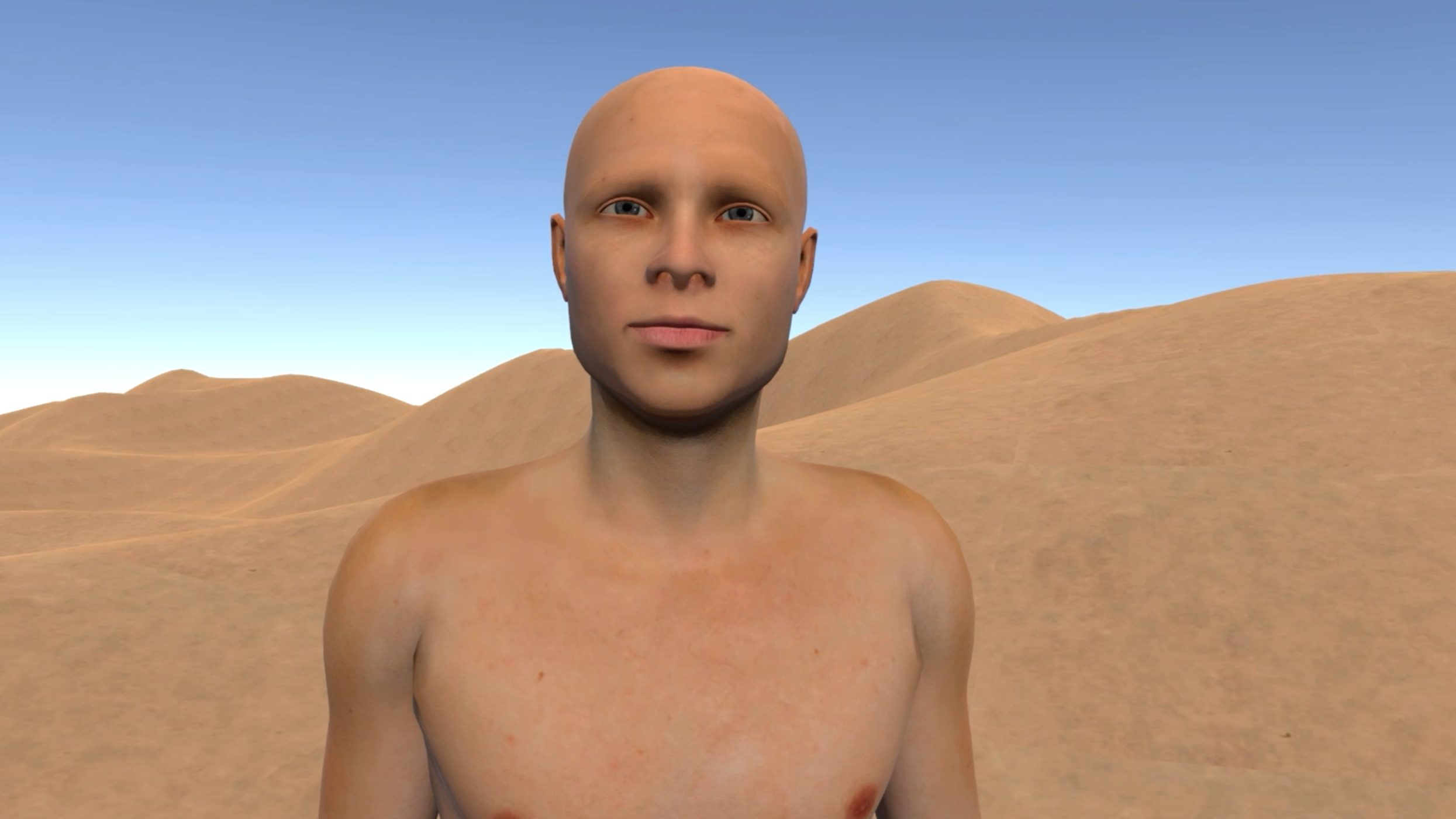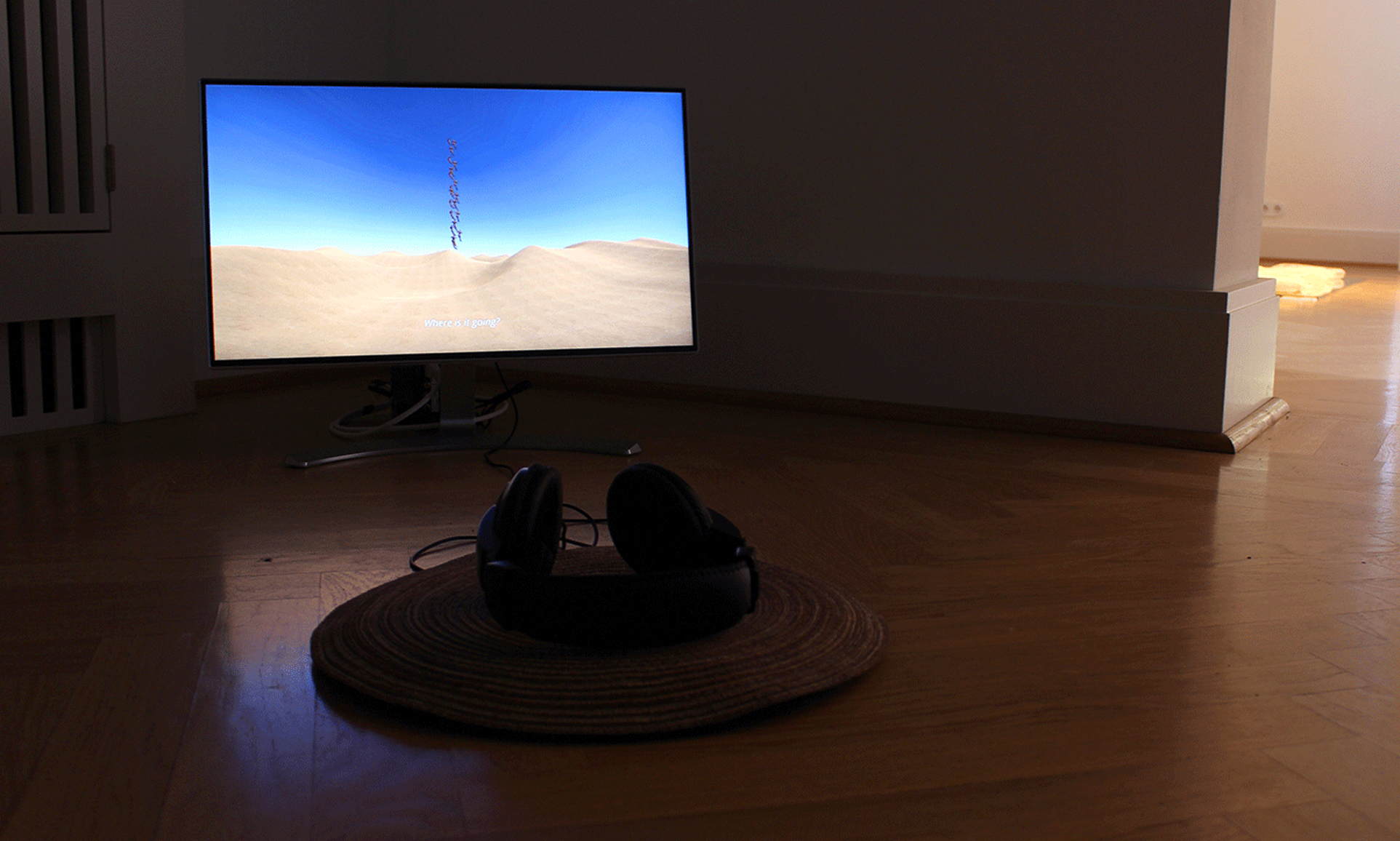single channel video, HD, color, stereo, 8:15min., 2018
single channel video, HD, color, stereo, 5:22min., 2025 revision



Muju, 2018, still
Staying is accompanied by non-staying. Not staying anywhere - Muju(무주, 無住) refers to leave all forms of obsession, and at the same time to change without sticking to oneself. With the narration explores the concept of ‘habitat’ reflecting studies of mind as well as socio-cultural context, the video brings meditative appreciation with the ambiguity of natural-artificial image and time.


Installation view / Living/Leaving, Kunstraum potsdamerstraße, 2018

Installation view / Examining the Edge - Peripheries of the mind and the city, Schloss Biesdof, 2018
Muju, excerpt 88’’